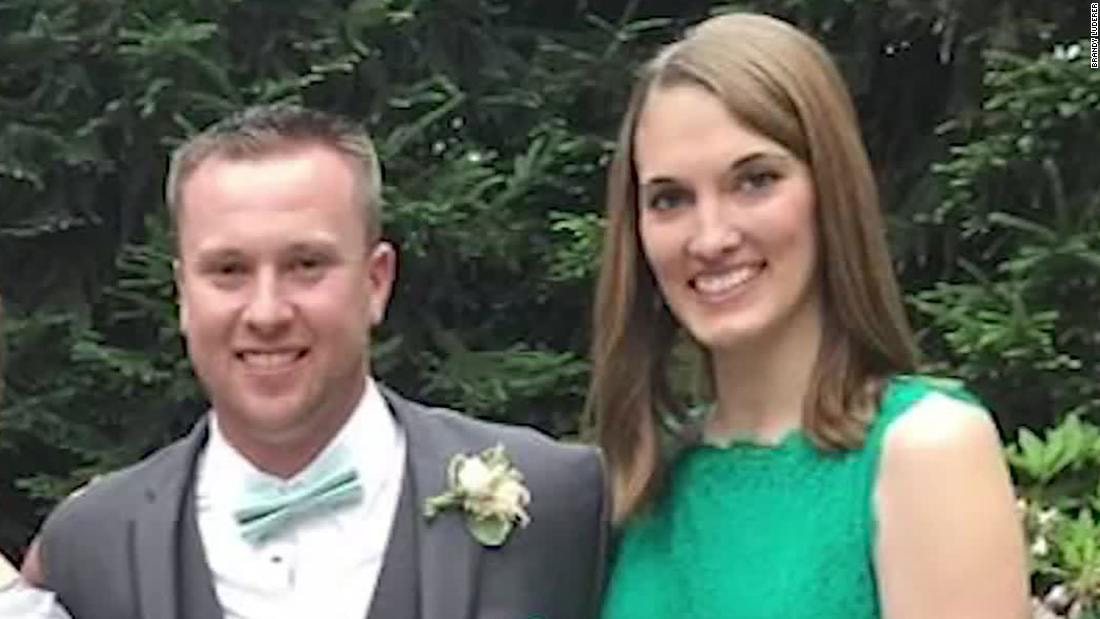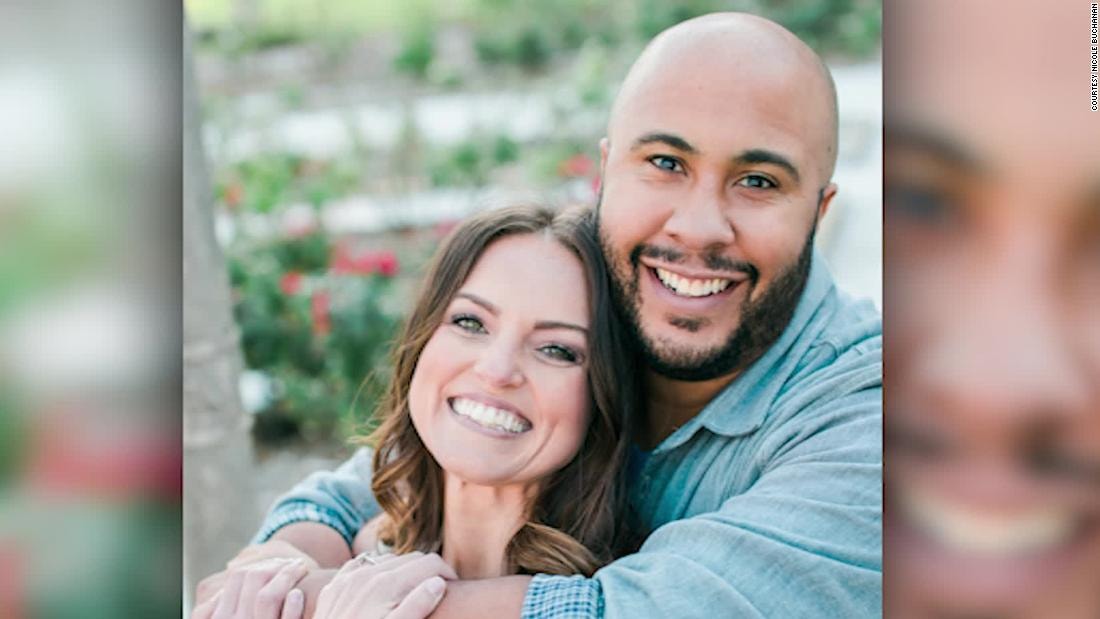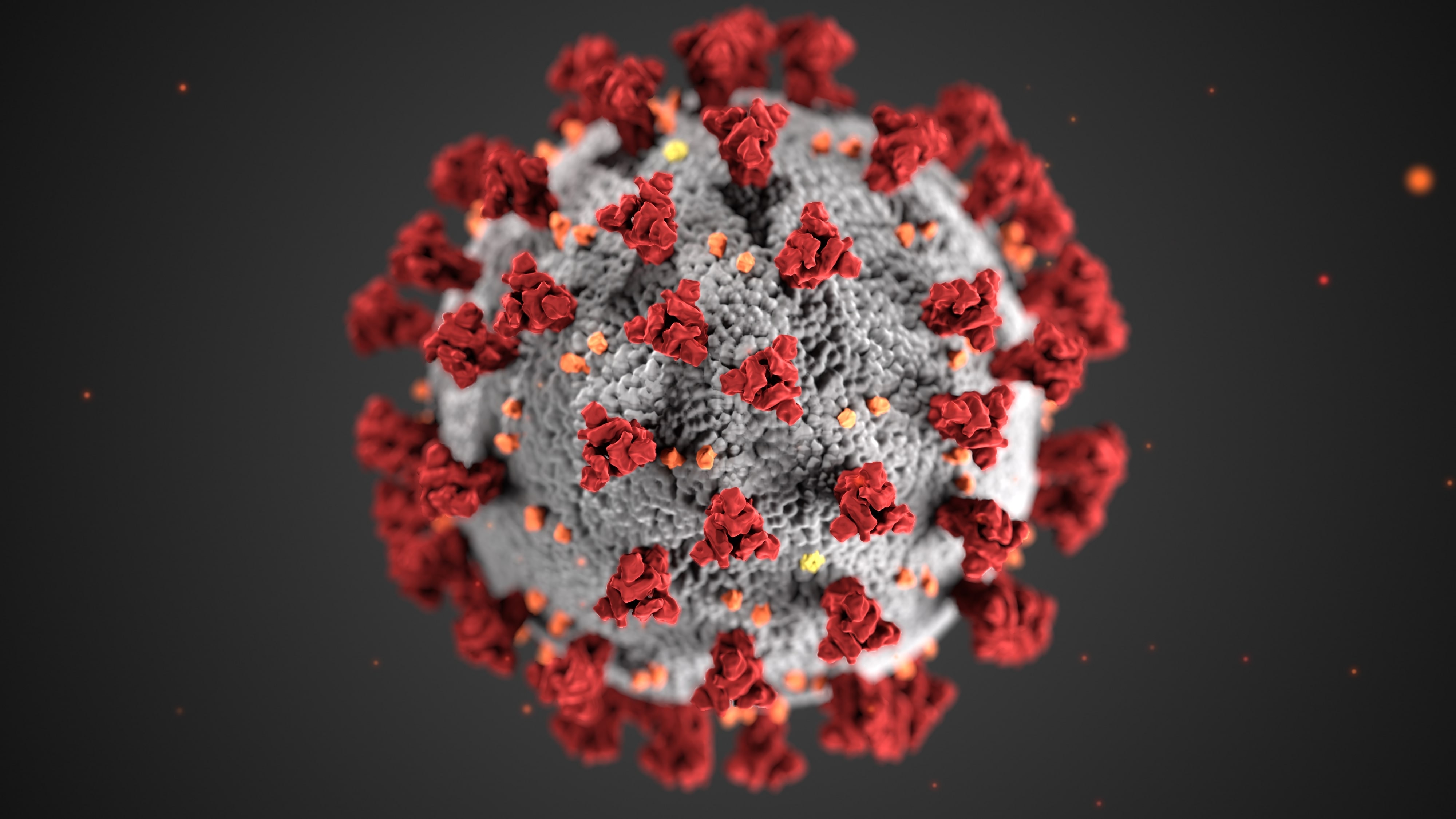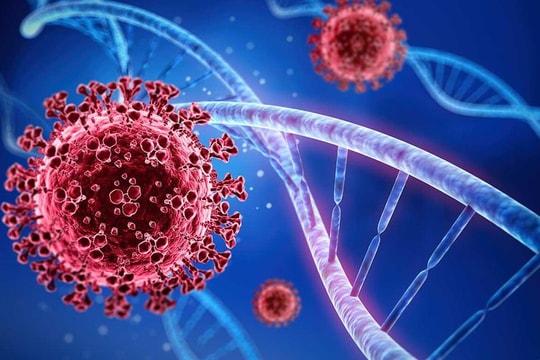The mystery of young deaths due to Covid-19
(Baonghean.vn) - When 30-year-old Ben Luderer started feeling sick, he wasn't surprised. Just a few days earlier, his wife, Brandy, had tested positive for the novel coronavirus (Covid-19), but there was nothing to worry about.
 |
| Ben and Brandy Luderer teach together in a school system in New Jersey, USA. Photo: CNN |
She said her temperature wasn’t really high, so much so that the doctor didn’t even consider it a fever. She had some congestion, but was on the mend. Her husband wasn’t worried when he started feeling unwell. After all, they were both young and healthy.
The couple worked in the Cliffside Park school system in New Jersey, both as special education teachers, she at School 4, and he at School 6. A star baseball player in high school, he continued his passion by coaching the school's baseball team.
For Ben, however, the symptoms quickly took a turn for the worse. He was having more trouble breathing, and on the last Friday of March, he told Brandy he needed to go to the emergency room. “He was really worried,” Brandy recalls. “He came into the bedroom where I was lying down and said, ‘I have to go, I have to go to the hospital.’”
“Are you sure you need to go?” she asked. “Yes, I do,” he said. Brandy immediately drove her husband to the hospital. She couldn’t go in with him, though, because the hospital didn’t allow visitors. So she sat in the car all evening, texting back and forth. “He kept me updated,” she said.
At the hospital, Brandy said, Ben was given oxygen and responded well. They gave him electrolytes and fever medicine and sent him home that same evening. “Keep doing what you’re doing at home,” they said.
The following Sunday, Ben’s wife said he felt better and showed signs of improvement. He got out of bed and ate dinner for the first time. “That Sunday was a great day. He was up and walking around, talking to us,” Brendy recalled. Ben seemed to be on the mend. That night, however, his symptoms returned.
“Ben always said that the nights were the worst for him, he would sweat when he lay down. He felt especially short of breath,” Brandy said.
That night, Ben was feeling very unwell. Since Ben slept in the bedroom and Brandy slept on the couch, the two texted back and forth. At one point, Ben texted his wife, “I’m struggling.” Brandy asked him if he needed to go back to the ER, and he said he wasn’t sure.
“So I just tried to do the best I could to make him comfortable, to help him breathe, to help him cool down,” Brandy said. She borrowed a humidifier from a friend to try to do this.
When Ben finally fell asleep in bed, Brandy listened in through the bedroom door.
“I could hear through the door that he was still breathing, and I went to sleep,” she recalled. She checked on her husband again at 2 a.m., and everything seemed fine. However, when she woke up at 6 a.m., she discovered that her 30-year-old husband was still in bed, but no longer showing any signs of life.
“Whether he had known you for five minutes or his whole life, he would treat you with the same respect and try to help you and make you laugh in any way he could. He was the type of person who was selfless,” Brandy recalls.
Listening to Brandy’s story is heartbreaking. They were husband and wife, best friends, both working in the same school system, driving to work together every day. She had no idea what she would do the following Monday, let alone the rest of her life.
Brandy's death remains a mystery. She knew her husband was ill, but how could a healthy 30-year-old with no history of illness pass away so quickly?
 |
| Conrad Buchanan, who had no underlying medical conditions, died from Covid-19. His wife also tested positive for the virus. Photo: CNN |
Ben's story is just one of many that have baffled health officials around the world. Why are some young people getting sick and dying so suddenly?
It is true that Covid-19 appears to affect older people most severely, especially those with underlying heart, lung, and diabetes conditions. It is also possible that older people’s immune systems are not as able to fight off the disease, and the virus can more easily replicate, overpowering the body and causing multiple organ failures.
But as we looked deeper and heard more stories, it became clear that there were many people like Ben, younger, who were still getting sick and dying. For example, Conrad Buchanan, a healthy, active 39-year-old DJ in Florida, died after contracting the coronavirus, even though his wife said he had no underlying health conditions.
We have learned that sometimes the newly emerging disease Covid-19 is not just an old person’s disease. It is now clear that young and healthy people are not immune and can become sick enough to need hospital treatment.
In a brief early summary from the US Centers for Disease Control and Prevention, of the 2,449 patients whose age was known, 18% were 45-54 years old, and 29% were 20-44 years old. Among those hospitalized, 18% were 45-54 years old, and 20% were 20-44 years old.
Younger people are much less likely to die, but there seems to be an unusual pattern emerging. As Dr. Anthony Fauci has noted, that’s what makes the coronavirus such an “unusual disease.” “I’m fascinated by the progression of the disease. You have a lot of people who are doing well and then all of a sudden someone is on a ventilator, on a heart-lung machine, and they die,” Fauci said. “I mean, the contrast between those two states, that means we’re missing something in terms of disease progression. And I don’t think that’s just the case with older people or people with underlying conditions. There’s something going on that hopefully we’ll eventually figure out.”
So what could be behind it? Scientists and researchers are wondering if the answer might lie in our genes and are starting to test and understand what separates those with mild symptoms from those who die.
One possibility is a variation in the ACE2 gene. ACE2 is an enzyme that attaches to the outer surface of cells in the lungs, as well as the heart. “Variations in the ACE2 gene that alter the receptor may make it easier or harder for the virus to enter lung cells,” Philip Murphy, an immunologist at the National Institute of Allergy and Infectious Diseases, wrote in an article in Science magazine.
It could also be that a key component produced by the body, called surfactant, which helps the lungs function better, is depleted in some coronavirus patients. If you think of the lungs as a sponge, surfactant acts as a detergent, making them soft and pliable. But without it, the lungs become stiff and hard to squeeze. That could explain why some patients struggle even when they are on a ventilator.
Another avenue being pursued is to better understand how the body’s immune system responds to viruses and bacteria in the first place. In some young, healthy people, a hyperreactive immune system can lead to a massive inflammatory storm that can overwhelm the lungs and other organs. In those cases, the problem is not an aging or weakened immune system, but one that works too well. Some frontline clinicians have speculated that this is why steroids, immune-suppressing drugs, seem to benefit some people.
Perhaps a segment of younger, healthier people, who perceive themselves as unaffected by the disease, are less diligent in practicing physical distancing, and as a result are exposed to much larger viral loads from the environment.
 |
| More than 1.2 million people worldwide have been infected with Covid-19. Photo: Internet |
Understanding the underlying pathology can take months, and it can be different for patients of all ages. While it’s true that a significant portion of young Americans are at increased risk because of their high rates of underlying conditions like diabetes, in cases of otherwise healthy young people like Ben and Conrad, we need to look more closely.
For now, no matter your age or underlying health condition, the advice remains the same. Stay home, wash your hands, and reduce your exposure to the virus as much as possible. If you have only mild symptoms, it’s probably best to stay home and recover. But if you start having trouble breathing, have persistent chest pain or pressure, suddenly feel lightheaded or unable to arouse, or have pale lips or face, it’s absolutely necessary to go to the hospital.
Ben Luderer's wife says doctors still can't explain exactly what happened. All she can do now is take it minute by minute, hour by hour, day by day, trying to understand how quickly her life has changed.
“Ben and I are the kind of couple that do everything together. So it’s hard to figure out what to do and where to go without the person you used to spend the rest of your life with. I’m still trying to come to terms with it.”

.jpg)
![[Infographics] 5 biện pháp phòng, chống dịch COVID-19 [Infographics] 5 biện pháp phòng, chống dịch COVID-19](https://bna.1cdn.vn/thumbs/540x360/2025/05/22/anh-2.jpg)

-5b8619d675cc4f38cedd8c853332ddab.jpg)



